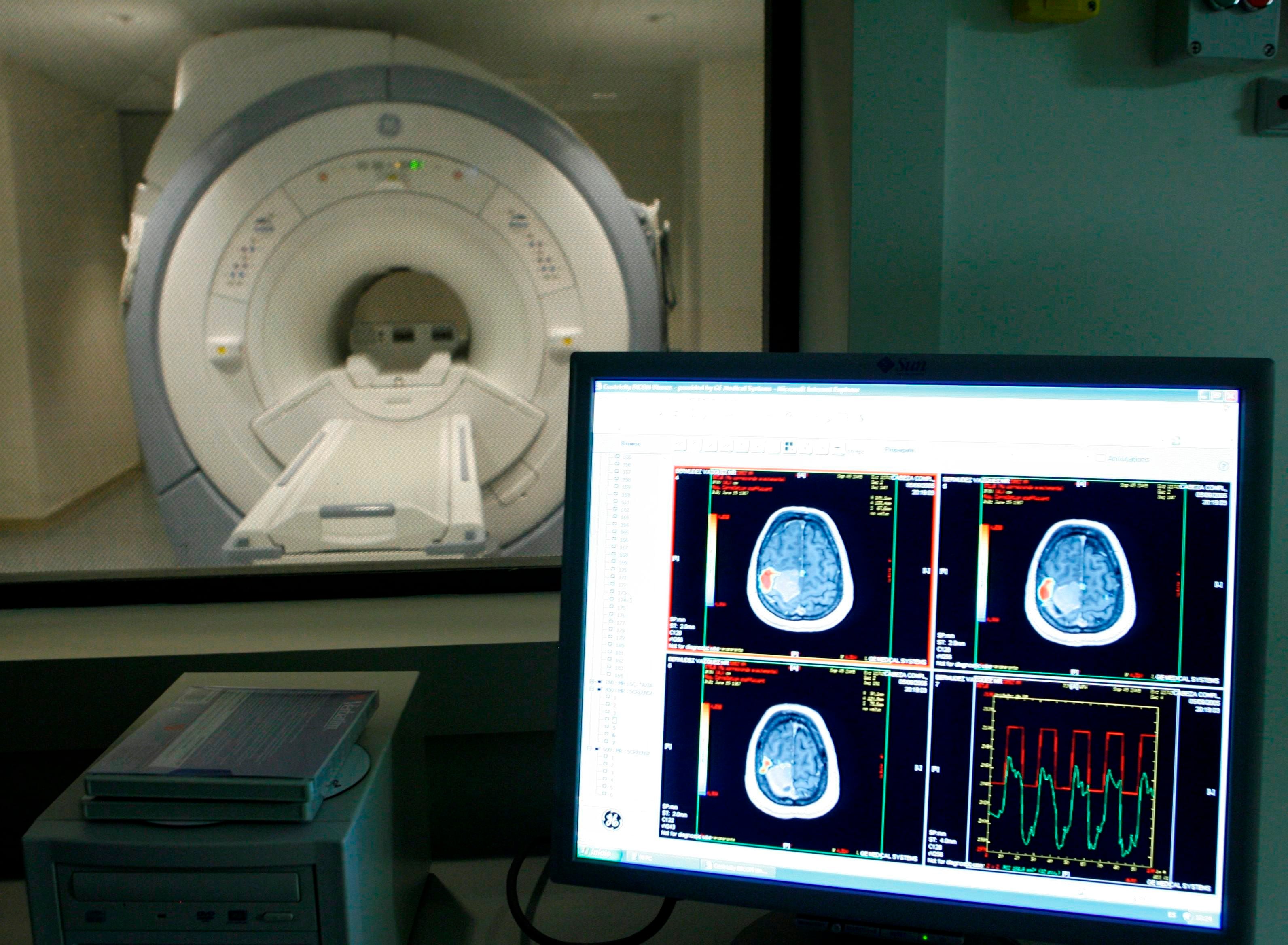
Around 50 million people worldwide suffer from dementia, and between 60 and 70 per cent of these cases correspond to Alzheimer's disease, according to data from the World Health Organization (WHO). Alzheimer's alters the communication between neurons in the brain, this failure in connection can lead to the loss of function and the death of those cells. One of the first signs of the disease is the difficulty in remembering recent events or conversations. As it progresses, memory problems worsen and other symptoms develop.
A new study suggests that ignoring cholesterol and glucose levels in middle age may affect the chances of getting Alzheimer's later in life. According to researchers at the Boston University School of Medicine (BUSM), lower levels of HDL (high-density cholesterol) and high levels of triglycerides measured in the blood at age 35 are associated with an increased incidence of Alzheimer's several decades later.
Researchers also found that measured high blood glucose between the ages of 51 and 60 is associated with the risk of Alzheimer's in the future. This study has just been published in the journal Alzheimers & Dementia: The Journal of the Alzheimer's Association.
“While our findings confirm other documents that linked measured blood cholesterol and glucose levels to the future risk of Alzheimer's disease, we have demonstrated for the first time that these associations extend much earlier in life than previously thought,” explained lead author Lindsay Farrer, head of biomedical genetics at BUSM.

Specialists believe that although high LDL has been consistently associated with the risk of Alzheimer's in many previous studies, but in them the link between the two was inconclusive, perhaps, those who developed this paper suggested, because most of the studies that examined these relationships were conducted on people who were 55 years or more at the start of the investigations.
Instead, this research was conducted using data obtained from the Framingham Heart Study (a study that began in 1948 and continues today with the third generation of participants) that were examined at intervals of approximately four years for most of their adult lives. Correlations of Alzheimer's disease with multiple known risk factors for cardiovascular disease and diabetes (including HDL, LDL, triglycerides, glucose, blood pressure, smoking, and body mass index) were measured at each examination and for three age periods during adulthood (35-50, 51-60, 61-70).
Researchers found that lower HDL (good cholesterol) is linked to Alzheimer's disease in early (35 to 50 years) and middle adulthood (51 to 60 years) and that high blood glucose (a precursor to diabetes) during middle adulthood is also a predictor of the disease.

“These findings show for the first time that cardiovascular risk factors, including HDL, which has not been consistently reported as a strong risk factor for Alzheimer's, contribute to the future risk of its onset,” said first author Xiaoling Zhang, assistant professor of medicine at BUSM.
According to the researchers, careful management of these factors from early adulthood can reduce the risk of cardiovascular disease and diabetes, as well as the onset of Alzheimer's disease. “Intervention to control cholesterol and glucose from early adulthood can help maximize cognitive health in adulthood,” Farrer completes.
Farrer also points out that “the unique design and mission of the Framingham Heart Study, which is a prospective multigenerational health study based on real participants that began in 1948, allowed us to link Alzheimer's to risk factors for heart disease and diabetes. The indices were measured long before cognitive impairment and dementia occurred. This has allowed us to evaluate a possible prognosis”, he concludes.
KEEP READING:
Últimas Noticias
Debanhi Escobar: they secured the motel where she was found lifeless in a cistern
Members of the Specialized Prosecutor's Office in Nuevo León secured the Nueva Castilla Motel as part of the investigations into the case

The oldest person in the world died at the age of 119
Kane Tanaka lived in Japan. She was born six months earlier than George Orwell, the same year that the Wright brothers first flew, and Marie Curie became the first woman to win a Nobel Prize

Macabre find in CDMX: they left a body bagged and tied in a taxi
The body was left in the back seats of the car. It was covered with black bags and tied with industrial tape
The eagles of America will face Manchester City in a duel of legends. Here are the details
The top Mexican football champion will play a match with Pep Guardiola's squad in the Lone Star Cup

Why is it good to bring dogs out to know the world when they are puppies
A so-called protection against the spread of diseases threatens the integral development of dogs




